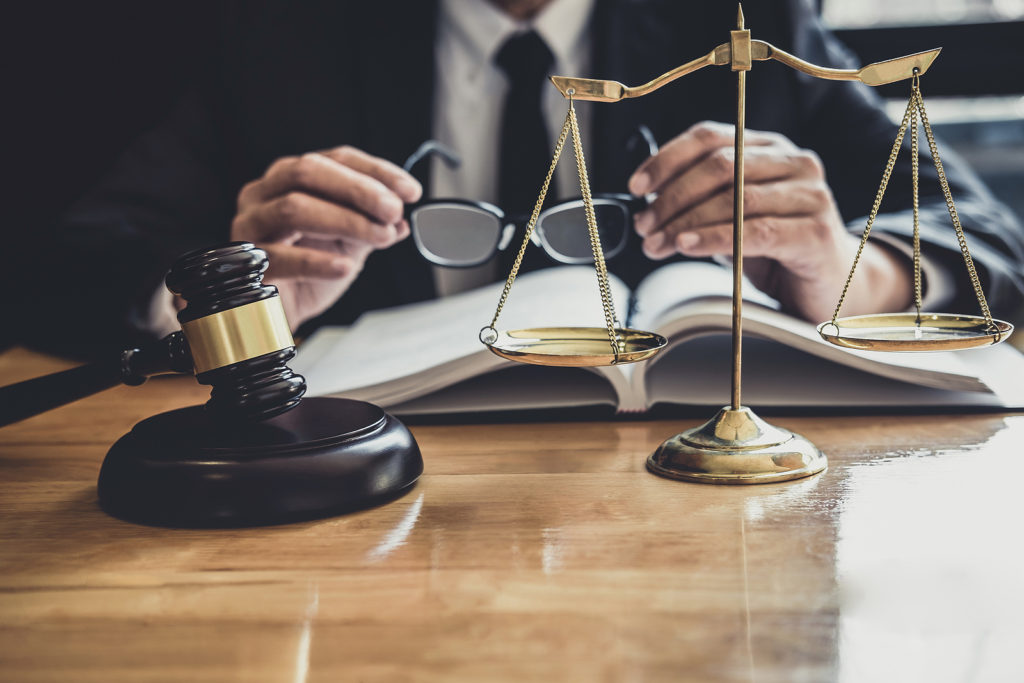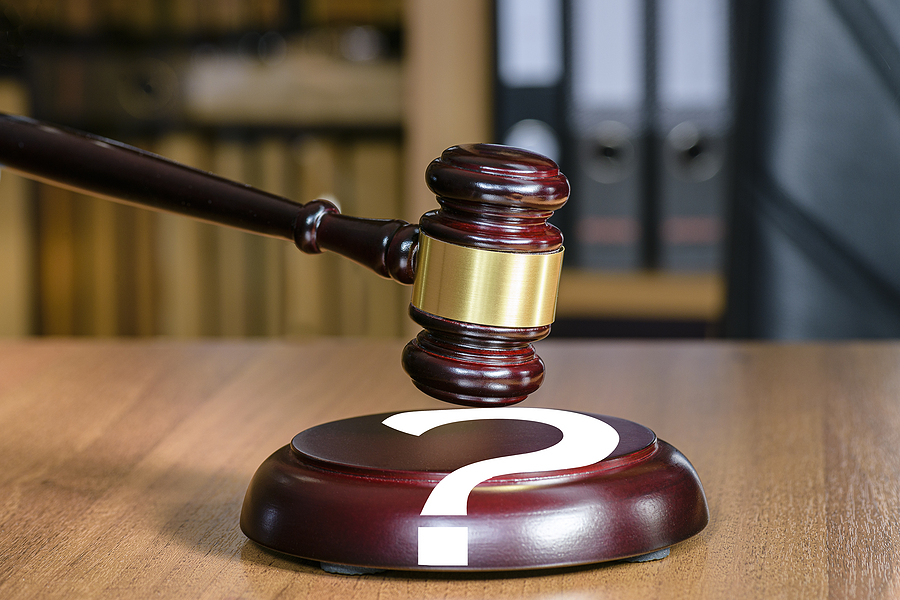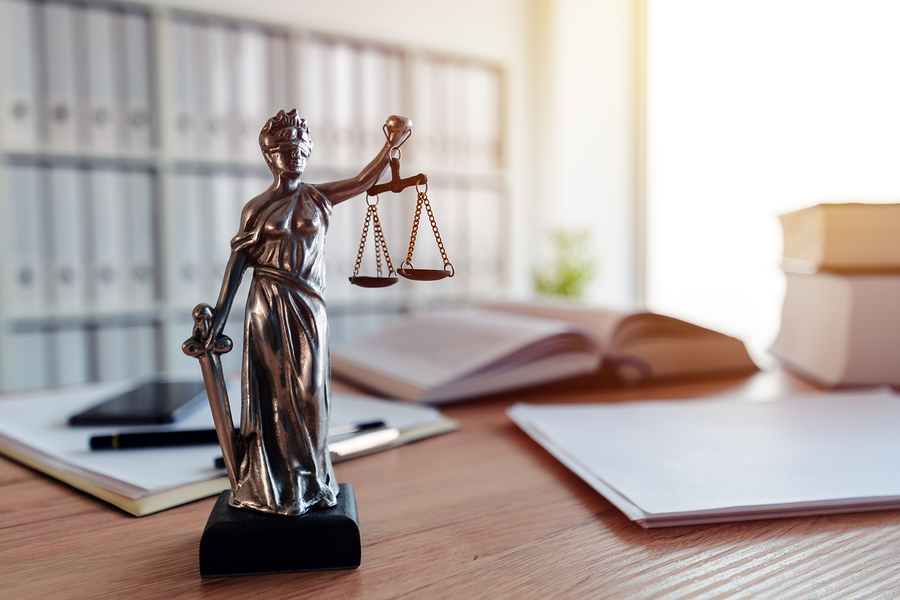Last week, we discussed all the reasons why you should not choose a public defender for your Indiana criminal case. The most important reason, however, is that a private criminal defense lawyer is the authority who can actually protect you against the worst possible outcome of your case. Choosing a crime lawyer with experience truly makes all the difference when it comes to your rights and your future.
Continue reading to learn why, and how to find a criminal defense attorney in Indianapolis who you can trust with your future and your freedom.

You Can Put Your Worries Aside After Being Criminally Charged
You don’t have to be ashamed if you’re frightened after being charged with a crime. Almost everyone feels this way when facing criminal charges, especially if they are first-time offenders. Right now, you are asking yourself a mountain of questions that you cannot possibly answer on your own: How much will this cost me? Will I go to jail? For how long? How will this affect my job? My future? My permanent record? And this only creates more unknown, more anxiety, and more frustration. To find solace and security, you need an experienced criminal defense attorney in your corner that has the knowledge to answer your questions and the skills to protect your freedoms.
Don’t You Want to Avoid the Maximum Penalties for Your Charges?
The main objective of a criminal defense lawyer is to protect your rights and preserve your freedoms, but to also limit the number of damages for your charges. In short, they fight to reduce (or ideally dismiss) your charges and subsequent penalties in order to avoid the maximum penalties. Without a seasoned criminal lawyer, you don’t have a strong chance at obtaining a reduced or dismissed sentence. But this isn’t the only advantage of having an aggressive criminal defense team.
Retaining experienced criminal defense means you don’t have to put all your focus into your legal troubles. You can put your time and energy into your family, career, and all other important aspects of your life, while your attorney manages all the ‘day-to-day’, back-and-forth proceedings of your case. This feeling of security and comfort is truly helpful during a legal battle or criminal case.
It truly makes a difference, whether you are facing a minor infraction or a major felony. Not only are you protected, your family and reputation are protected as well. There is a lot at stake when you are facing criminal charges, so it is not wise to cut corners when it comes to building your defense. An aggressive and experienced criminal lawyer is the only viable solution to your legal troubles.
The Right Choice for Private Criminal Defense in Indianapolis, Indiana
Call the Law Office of David E. Lewis at 317-636-7514 to learn how you can beat your Indiana criminal charges with aggressive defense. Attorney David E. Lewis is your solution to reducing your sentence, and protecting your freedom. Our Indianapolis criminal defense law firm offers free initial consultations, so you do not have to pay anything to simply talk to a lawyer and get advice on how to approach your charges. Contact us to schedule your online, over-the-phone, or in-office appointment, today.









